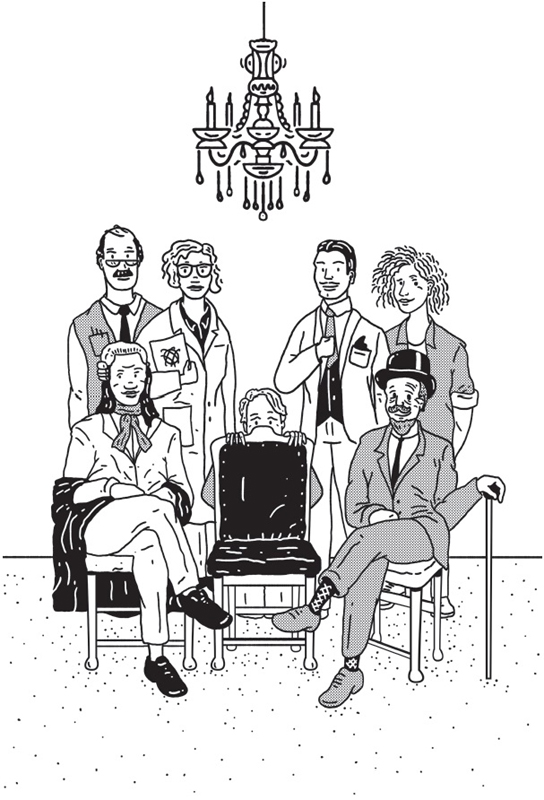
Beware ...The excuses for mediocrity
Oh, the resistance you’ll face when you try to speak human.
The excuses for why it can’t be done; shouldn’t be done. The absurdities you’ll hear to justify speaking the Language of Business. Unlike any other dialect, this stilted corporate prose will one day baffle linguists with its archaic form. The bastard of formal speech and writing from the turn of the 20th century, it exists ostensibly to bewilder.
Yes, if you’ve ever tried to push communication past predictable, chances are you’ve met with one of these reasons why it can’t be done:
Legal: We have to say it like this …
Branding: Our brand guidelines say we need to say it like this …
Complexity: It’s too complicated or technical to explain simply …
Cost: We don’t have time or budget to say it better …
Tradition: This is how we’ve always said it …
Fear: We can’t risk saying it like that …
Professionalism: We need to say it that way to be professional …
To put it quite bluntly, these are all terrible excuses. Whether it’s a legal document, policy manual or corporate strategy, if we want attention, engagement and influence, we need to be speaking human.
So let’s break these excuses down in more detail, and arm ourselves with some answers.
Legal
‘We have to say it like this …’
Many organisations have a warm and friendly tone … until it’s time for a contract or policy. Then the vibe ...
Get How to Speak Human now with the O’Reilly learning platform.
O’Reilly members experience books, live events, courses curated by job role, and more from O’Reilly and nearly 200 top publishers.

